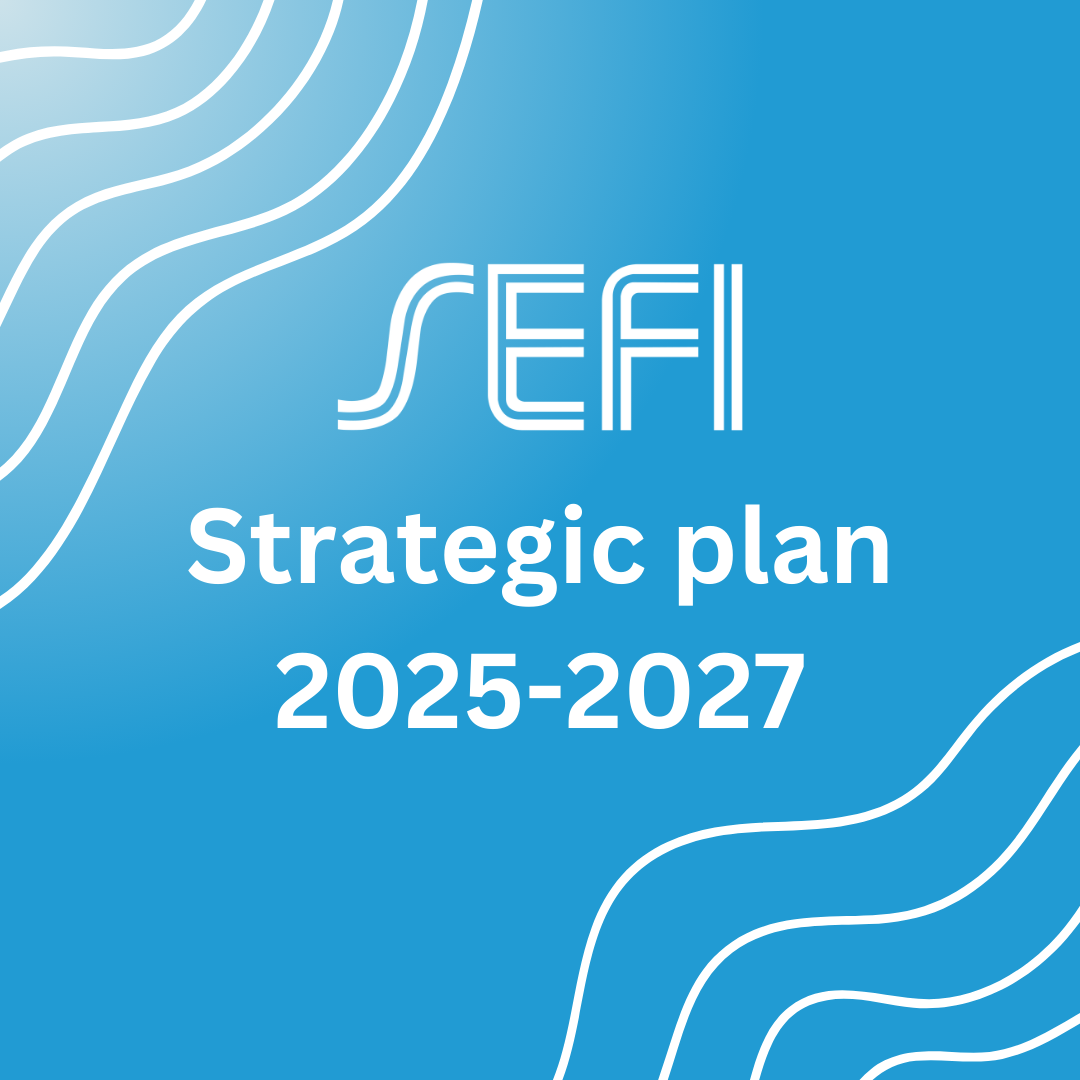The 9th Doctoral Symposium in Engineering Education Research offers an opportunity for PhD candidates to explore and…

Sarah Cotterill, University College Dublin, Ireland
There is no uniquely correct solution to most engineering problems, but some solutions are preferable to others. Engineering ethics can help us to recognize these. Ethics is one of the cornerstones of the engineering profession. We adopt codes of conduct to guide us in managing our relations and our environmental and social obligations. But beyond compliance, engineering ethics can help us to develop moral competence and identify better solutions.
In the Engineering Matters podcast, Emma Crichton, Head of Engineering at Engineers without Borders commented “Engineering needs to take a critical look at itself… and start focusing on our ethical responsibility. It’s quite remarkable what engineering can achieve – but, could we take some of the attention that [vanity] projects get and refocus that resource?”
Numerical competency is a vital part of engineering. We need to ensure that the bridges, buildings, and treatment processes we design are structurally and technically sound, so as to protect the health and safety of society. As such, learning outcomes in engineering education often focus on developing and applying the equations that underpin the design of these systems. Whilst it is critical that we teach students these calculations, it is also important that we encourage them to question and evaluate the systems they are designing. Paraphrasing Ian Malcolm in Jurassic Park, we don’t want engineers who are “so preoccupied with whether or not they could, that they never stopped to think if they should”. There needs to be space for ethical discussion, such that engineers feel empowered to make the right decisions, underpinned by critical analysis, questioning and understanding.
Engineers can have a profound impact on the environment in terms of the projects they’re involved in and the solutions they propose. As we face a multitude of complex problems – from population growth to climate change – environmental engineers will need to develop solutions that provide safe and resilient infrastructure in an increasingly challenging natural environment.
So how can we prepare them for this through the education programmes we deliver?
We can embed much stronger links with sustainability and ethics throughout our modules, ensuring technical or numerical content is framed with context to make it relatable. We can align with the UN Sustainable Development Goals to highlight the interdependencies between challenges and the need to tackle them at a collective level. Or we can adopt a case study approach, drawing on recent, local examples – from a planned infrastructure upgrade to an environmental impact assessment – to underline the real-life relevance of what they’re learning and to signpost how to recognize issues, analyze them and come up with an effective response.
The challenges our environmental engineers face now and in the future will require solutions which are flexible, adaptable and resilient. They’ll need to balance technical competence with the ability to think laterally and integrate disciplines that are not traditionally seen as part of civil engineering. It will become increasingly important to consider the benefits and limitations of the whole project from an ethical and sustainability perspective alongside the technical capacity, cost and safety of the solution.
*Sarah Cotterill can be reached at https://people.ucd.ie/sarah.cotterill


